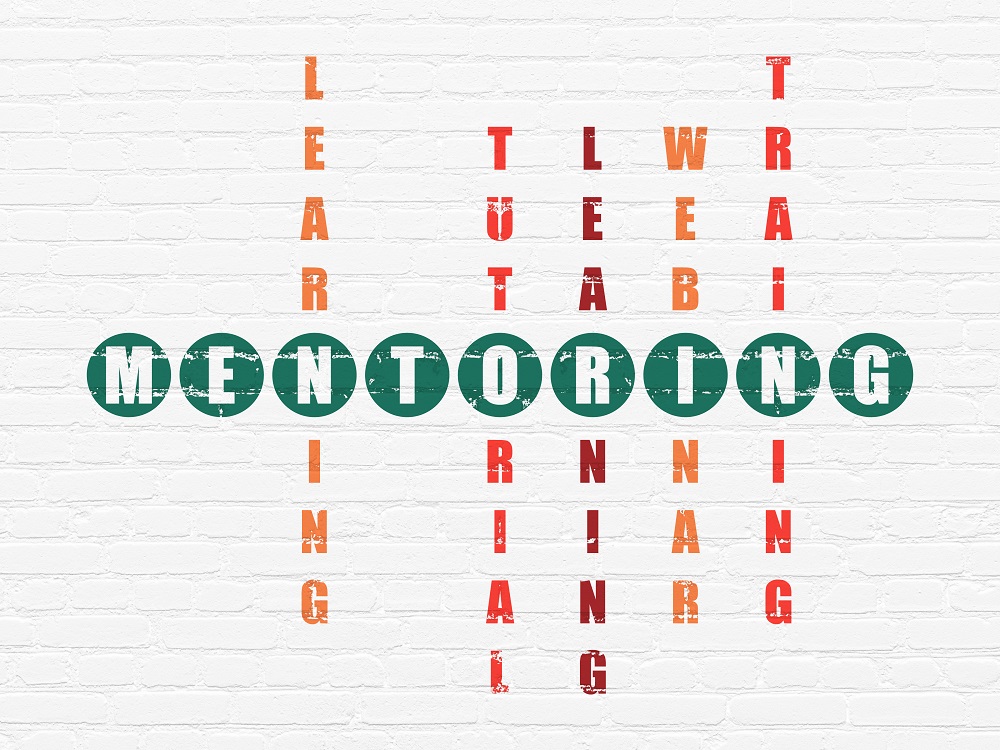Are you going slow enough?
- March 30, 2018
- blog, Change, Coach, Planning
- 0 Comments
It goes against our natures as business owners and entrepreneurs; we want to be all go, all the time – after all, isn’t that how we get things done? There’s a whole different line of thinking taking hold in businesses today – mindfulness. It’s not a new idea but it’s one that might not be such a bad idea when it comes to being more productive and focused in your business.
The idea of slowing down in your business is similar to the idea of slowing down when you’re driving in the car – slowing down makes it easier to drive safely and efficiently. It’s easy to want to speed – it’ll get you there quicker – but if you’re speeding up by cutting corners, ignoring warning signs and not following proper procedures, you could end up driving yourself into some nasty terrain!
What can you achieve when you slow down?
- Focus and Perspective; taking the time to stop and absorb your surroundings means that you can focus on what’s important and concentrate all your energy on that.
- Insight; slowing down means you can see what’s coming up and you can prepare yourself better for it, instead of waiting until the last minute.
- Well-thought out conversations; whether you’re conversing in person, online or through your marketing materials, taking the time to think about what you’re going to say before you say it can result in more effective conversations.
- Reflection; slowing down can give you more time to revisit your goals, assess your progress and readjust.
- Enjoyment; instead of rushing so fast that you can’t enjoy what you’re creating and achieving, there’s something in stopping to smell the roses and enjoy what you’re doing!
- Rest and rejuvenation; everything listed above is fantastic, but it might not ever get done if you don’t take a break to make sure you’re well rested so you can get things done.
A study of 343 businesses has found that the companies who were focused on always pushing forward and moving at a fast pace to gain an edge over their competitors were actually more likely to have lower sales figures and operating profits. Those who took time at important moments in their business life were more likely to stay on track and meet targets, showing us that slowing down doesn’t mean that productivity suffers as a result.
It might be easy to talk about slowing down, but how can you actually start to practice ‘being slow’ in your day-to-day business life? Yet another study tells us that 46.9% of the time, we’re thinking about something other than the task we’re involved in, how do we get our mind to focus?
- Concentrate on one task at a time. Things might get done a little slower, but you’ll be getting the tasks done at a high standard every time.
- Eat slowly and away from your desk. It might sound a little pointless, but eating slowly means that you enjoy your food, you focus on your senses, you get a little me-time and you fill up from less food, meaning less food breaks later in the day, keeping you efficient.
- Get moving. A 5-minute walk in-between tasks allows you to clear your head, spend time enjoying the fresh air and ready yourself for the rest of the day.
Even though it goes against everything we’re told to do, taking that time to slow things down and think things through could do wonders for your personal sanity, as well as your business’ growth.
Do you find slowing down difficult or struggle with getting organised and focused so you can be productive? We’d love to speak about how we could help your business to improve its performance. Call Bx on 1300 068 229, or find out more about what we do here http://www.businessforlife.com.au/ProgramFindOutMore


